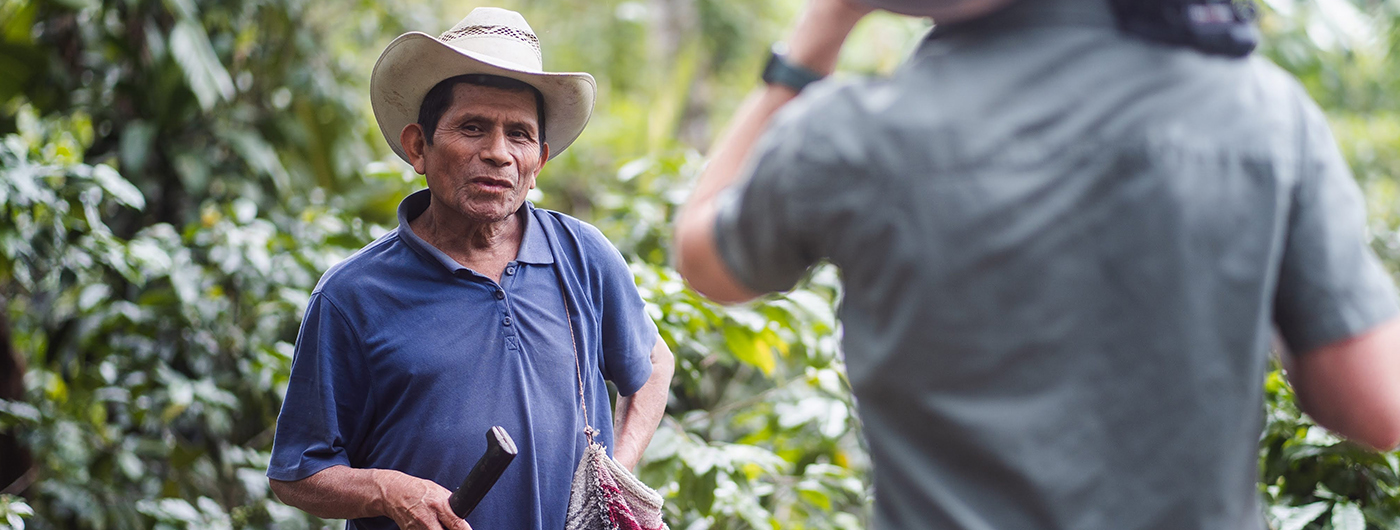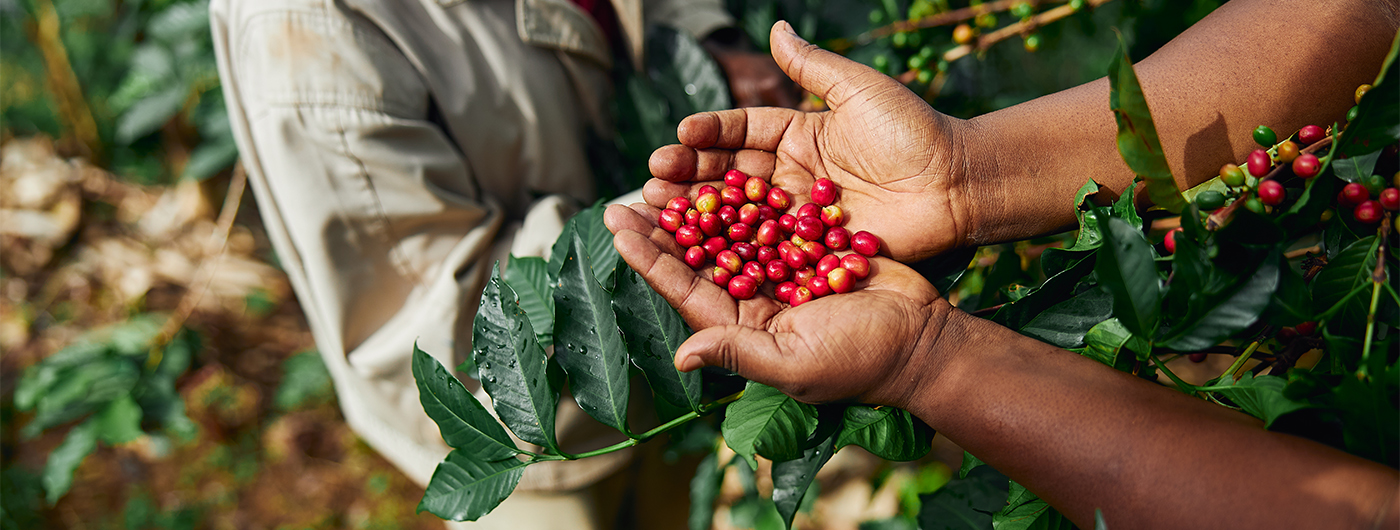

Advancing Sustainable Coffee Agriculture: Innovations, Partnerships, and Impact
Coffee agriculture is an essential sector that supports the livelihoods of millions of farmers worldwide. However, it faces multiple challenges, including environmental degradation, socio-economic inequalities, and climate change. To address these issues and ensure a sustainable future for the coffee industry, concerted efforts, innovative solutions, and strategic partnerships are crucial. This article explores the advancements in sustainable coffee agriculture, the transformative power of partnerships, and the impact they can have on the industry.
Advancements in Sustainable Coffee Agriculture
1. Climate-Smart Farming Practices: Sustainable coffee production requires strategies that mitigate and adapt to the effects of climate change. These practices include shade-grown cultivation, agroforestry systems, soil conservation measures, and efficient water management. By implementing climate-smart techniques, farmers can enhance ecosystem resilience, minimize carbon emissions, and protect biodiversity.
2. Precision Agriculture and Digital Technologies: Precision agriculture, enabled by digital technologies such as satellite imagery, drones, and sensor networks, allows farmers to optimize resource utilization, monitor crop health, and enhance productivity. These data-driven approaches enable targeted interventions, reducing inputs like water and fertilizers while maximizing yields.
3. Genetic Diversity and Resilient Varieties: Emphasizing genetic diversity is crucial for developing coffee varieties resilient to climate change, diseases, and pests. Plant breeding programs focused on improving traits like drought tolerance, disease resistance, and cup quality can contribute to sustainable coffee production.
4. Circular Economy and Waste Management: Implementing circular economy principles within the coffee industry can reduce waste and maximize resource efficiency. Coffee byproducts, such as coffee pulp and husks, can be transformed into compost, biofuels, or used in animal feed, creating additional value and reducing environmental impact.
Transformative Partnerships for Sustainable Impact
1. Public-Private Partnerships: Collaboration between governments, coffee industry stakeholders, and civil society organizations is vital for driving sustainable change. These partnerships can facilitate knowledge sharing, policy development, and investment in sustainable coffee agriculture.
2. Certification Programs and Standards: Organizations like Fairtrade, Rainforest Alliance, and Organic certifications play a significant role in promoting sustainable practices and ensuring fair prices for farmers. Certifications incentivize sustainable production, improve market access, and provide consumers with confidence in the sustainability of their coffee choices.
3. Industry Collaboration and Research Institutions: Collaboration among coffee companies, research institutions, and farmer organizations fosters innovation, knowledge transfer, and capacity building. Joint efforts can lead to the development of sustainable farming techniques, access to finance and markets, and the dissemination of best practices.
4. Consumer Awareness and Responsible Consumption: Educating consumers about the importance of sustainable coffee production and encouraging responsible consumption can drive demand for ethically and sustainably sourced coffee. Consumer choices have the power to influence industry practices and support the livelihoods of farmers.
The Impact of Sustainable Coffee Agriculture
Sustainable coffee agriculture goes beyond environmental stewardship. It has profound social and economic implications, including:
1. Improved Livelihoods: Sustainable practices can enhance farmer incomes, empower marginalized communities, and contribute to poverty alleviation.
2. Biodiversity Conservation: By protecting natural habitats and promoting agroforestry, sustainable coffee agriculture fosters biodiversity conservation and helps preserve ecosystems.
3. Climate Change Mitigation: Sustainable coffee production can contribute to climate change mitigation by sequestering carbon, promoting carbon-neutral practices, and reducing greenhouse gas emissions.
4. Resilient Supply Chains: Sustainable coffee agriculture builds resilient supply chains that can adapt to changing market dynamics, climate risks, and consumer demands.
Conclusion
Advancing sustainable coffee agriculture requires a multi-faceted approach that combines technological innovation, transformative partnerships, and a focus on
KAI Farm Team ®


